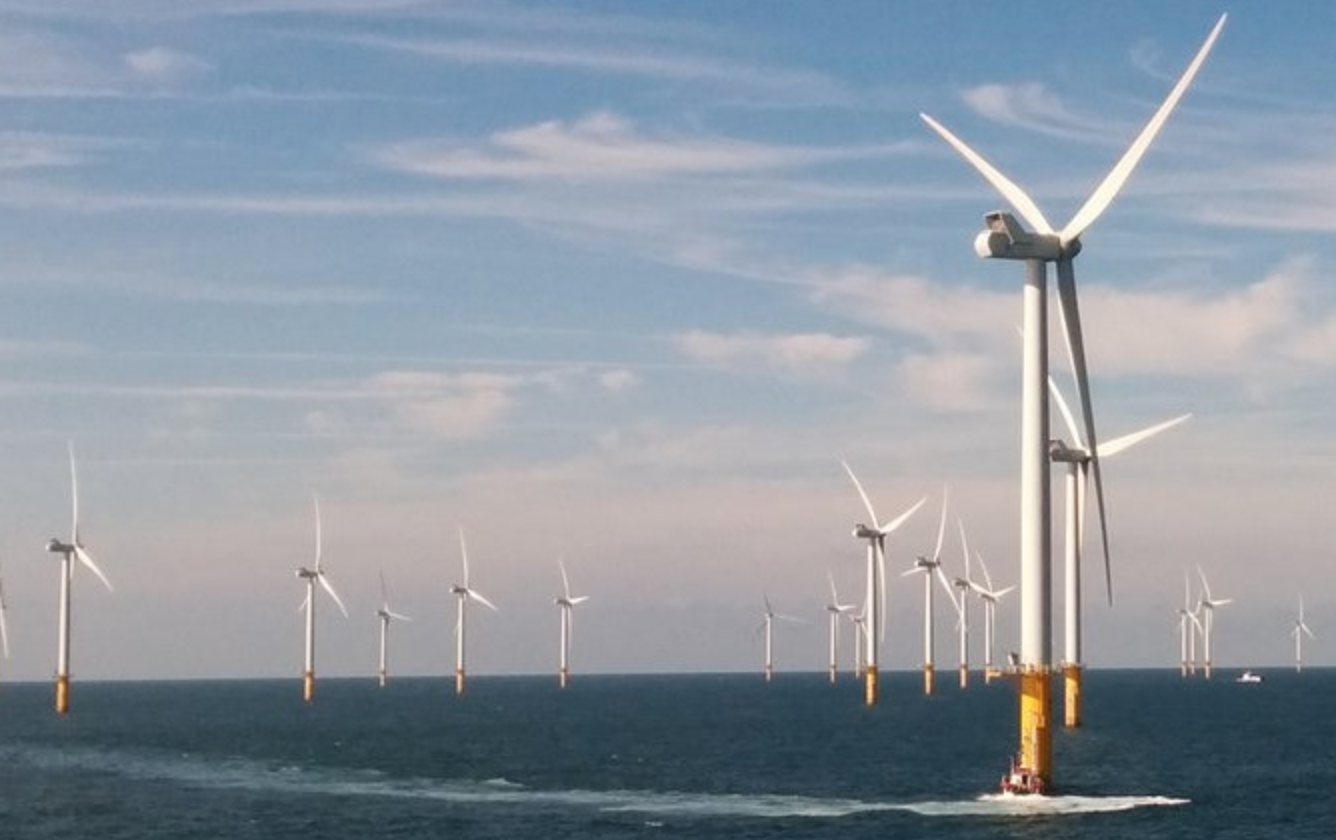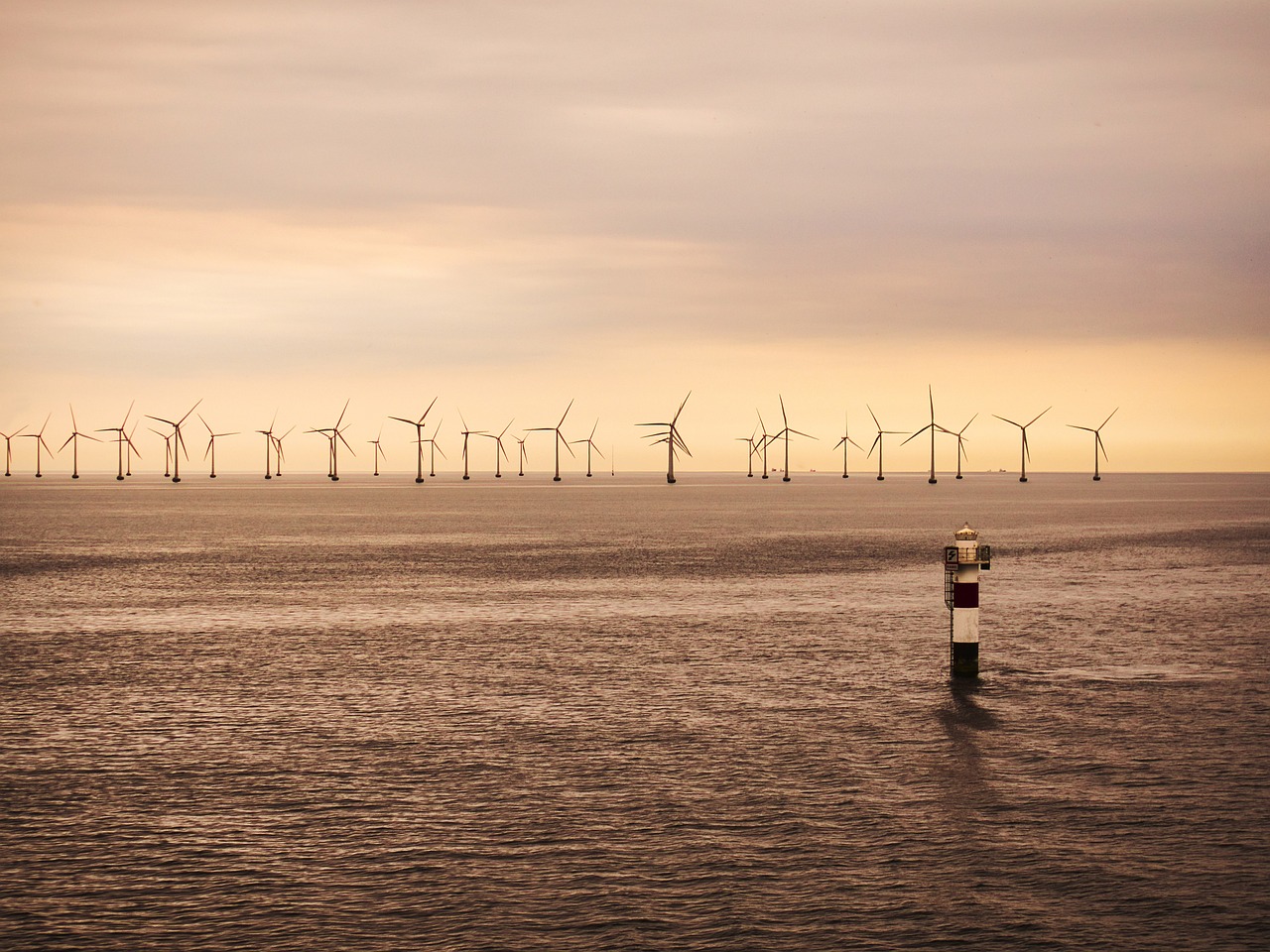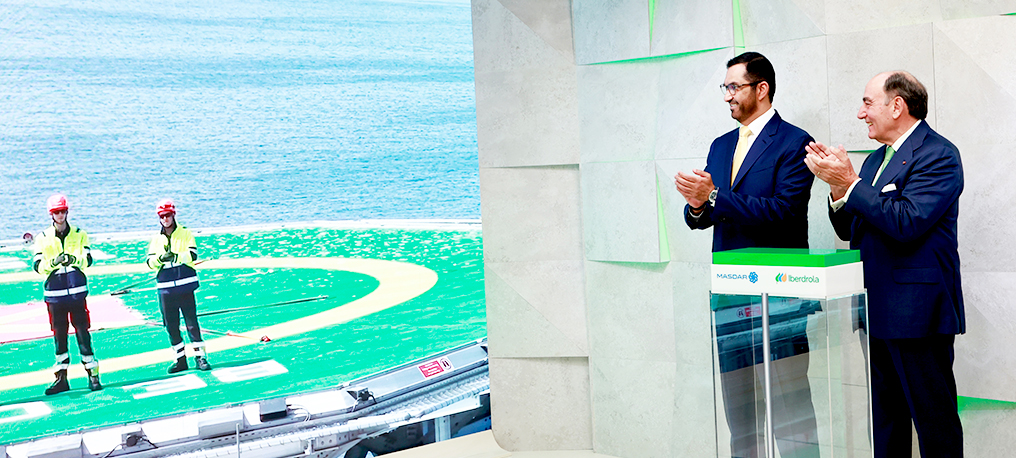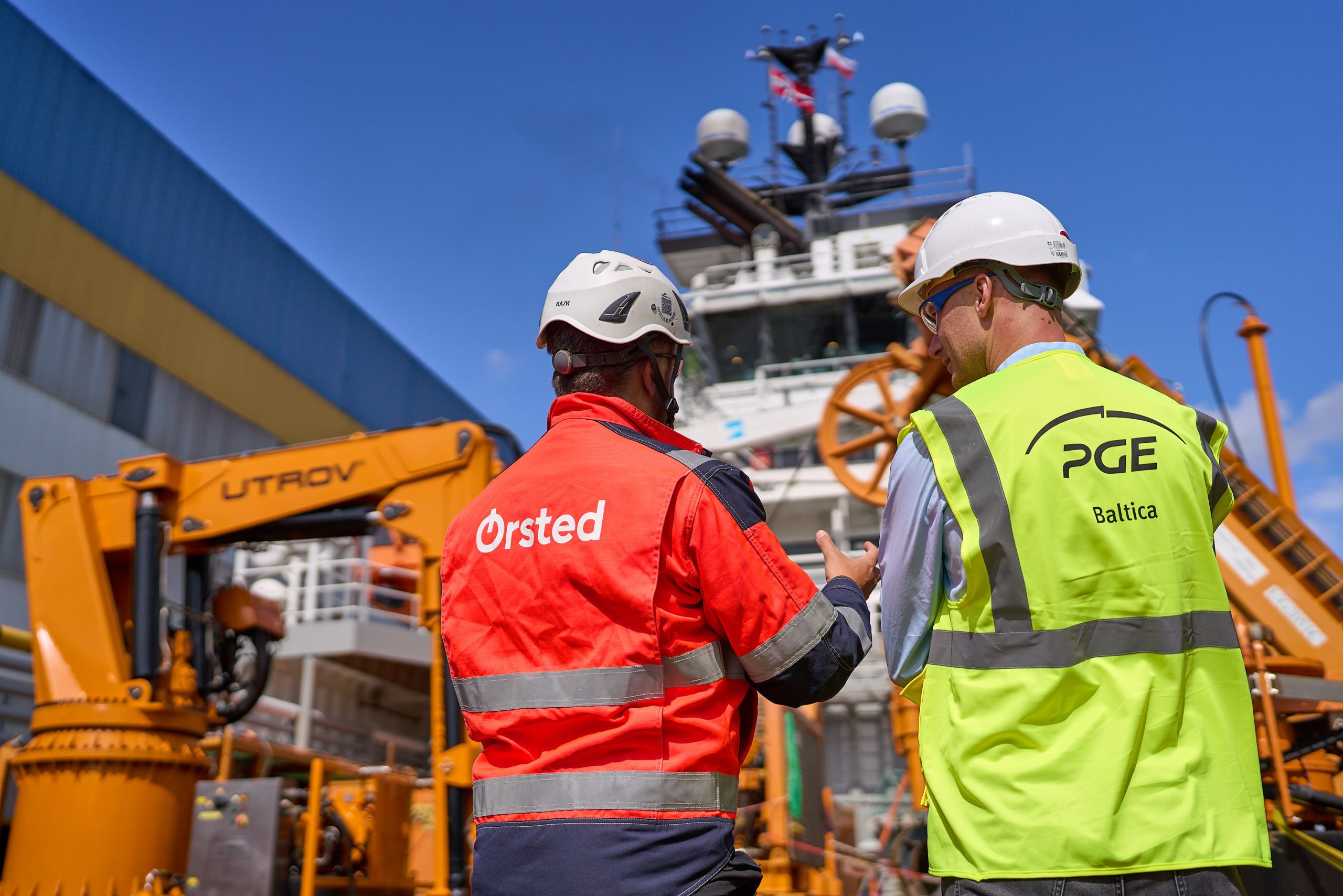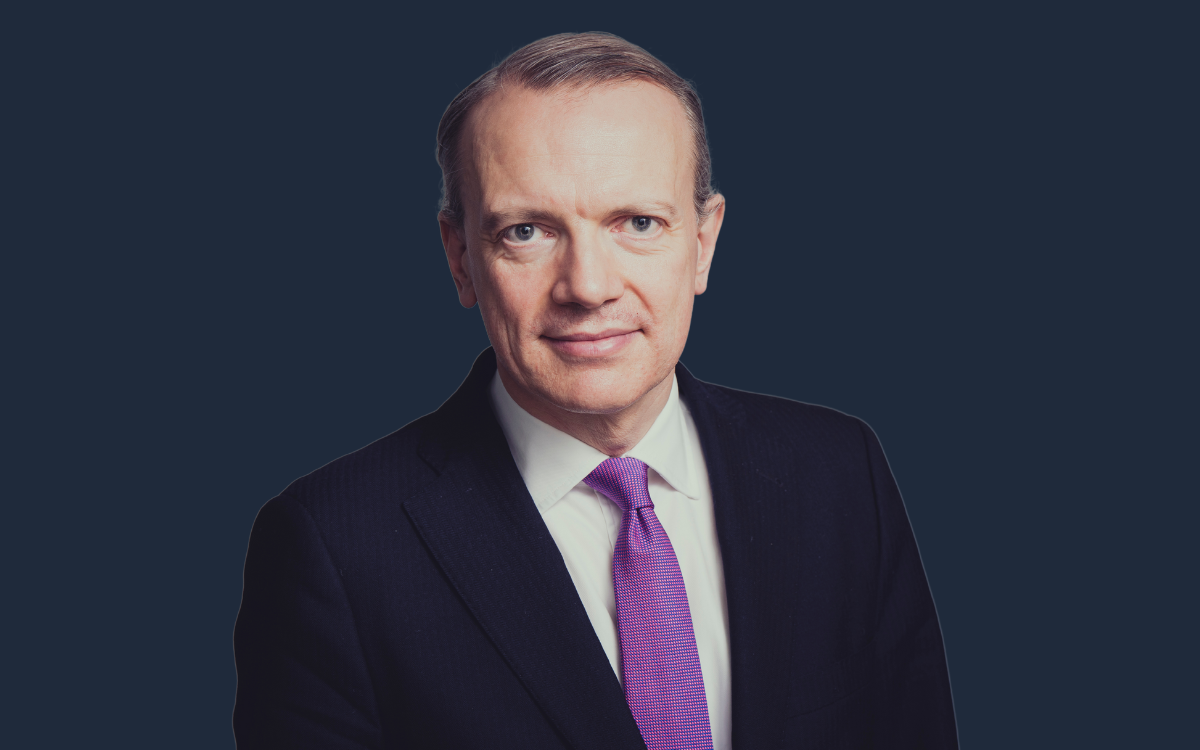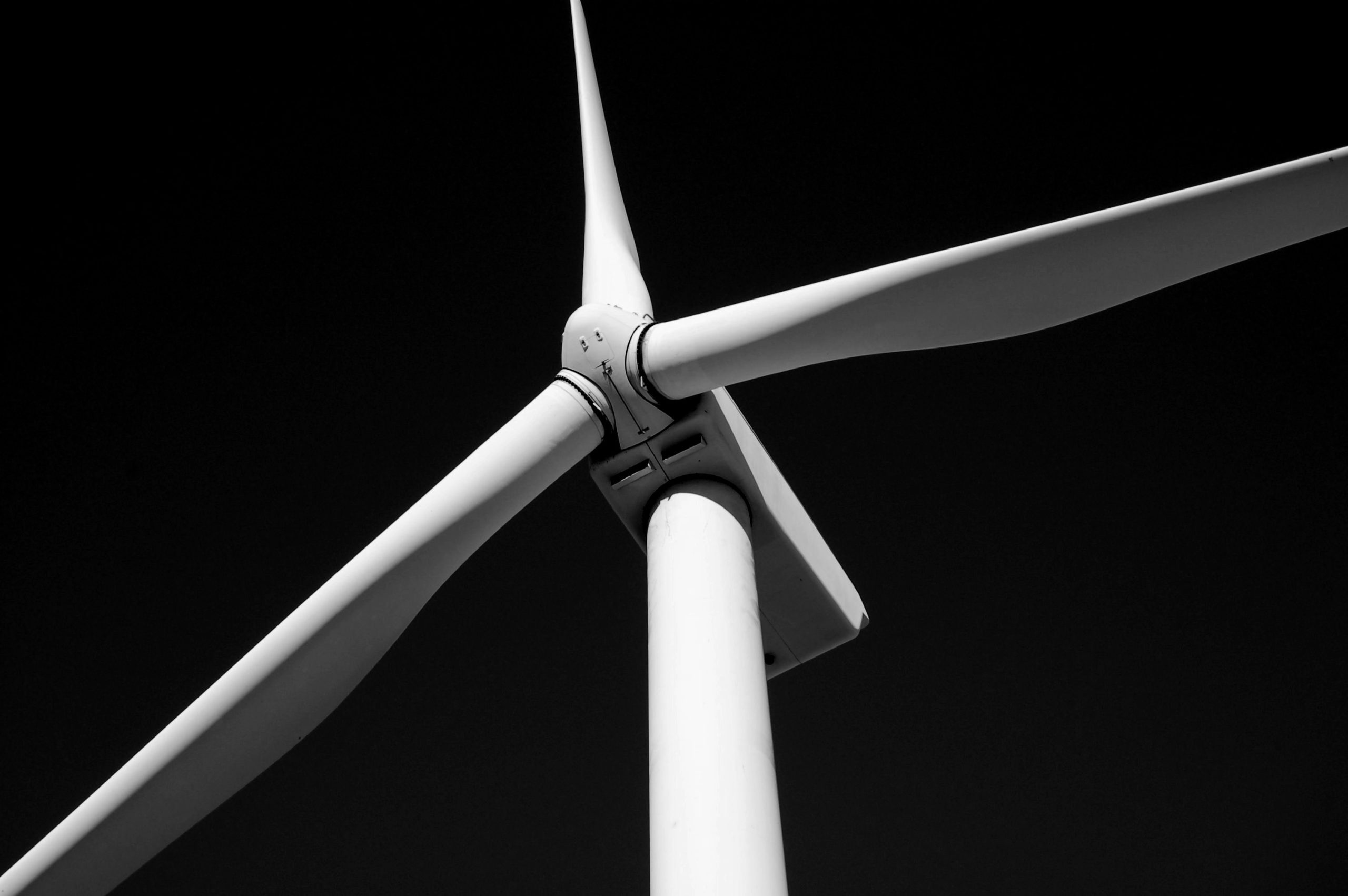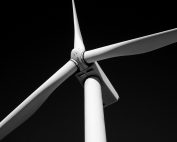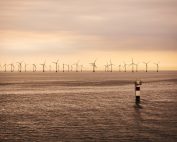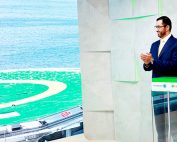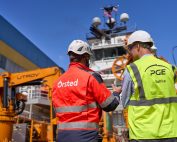Vice-Minister of Energy of Lithuania Daiva Garbaliauskaitė attended the international conference “Baltic Offshore Wind Transmission” and a study visit to Denmark. During the event in Warsaw, she informed that the Ministry of Energy, together with the grid operator, is holding talks on the possibility of building a second offshore wind farm. With the development of wind turbines on the Baltic Sea, Lithuania envisages the production of ecological hydrogen.
The Vice-Minister presented Lithuania’s ambitious goals and actions taken up to this point in the RES sector. She pointed out the importance of regional cooperation at the level of governments and electricity transmission grid operators in planning and developing offshore wind energy in the Baltic Sea. She noted transparency and openness in cooperation with potential investors in the offshore wind energy sector, reads the Lithuanian Energy Ministry’s website.
– Lithuania is already doing preparatory work for the development of offshore wind energy infrastructure. For its part, the Ministry of Energy, together with the grid operator, is holding talks on the possibility of building a second offshore wind farm with the same capacity. We believe this will increase Lithuania’s energy independence and reduce electricity imports,” Garbaliauskaitė said at the conference.
Legislation to support offshore wind energy developers is expected to be passed in the fall of 2021. The Lithuanian government has already determined the exact area where offshore wind farms could be built.
The first offshore wind farm with a capacity of 700 MW could provide 25% of the country’s energy needs. Lithuania is aiming to produce at least 50% of electricity from renewable sources by 2030 and 100% by 2050.
Lithuania also wants to produce green hydrogen.
On 28-30 September, Vice-Minister Garbaliauskaitė travelled to Denmark, where she visited the Kriegers Flak offshore wind farm in Copenhagen and attended a seminar on the development of offshore wind energy and green hydrogen organised by the Danish Energy Agency. Garbaliauskaitė presented Lithuania’s RES activities and initiatives related to the development of “green” hydrogen technologies in the country, as well as the guidelines for hydrogen development to be included in the Roadmap 2022.
– Development of offshore wind energy, production of green hydrogen and decarbonization of the energy sector towards climate neutrality in 2050 are the common priority of our countries and the basis of bilateral cooperation. By adopting the experience of Denmark, a leader in these fields, we can become an exporter of renewable energy,” said Vice-Minister Garbaliauskaitė.
Source: Ministry of Energy of Lithuania
